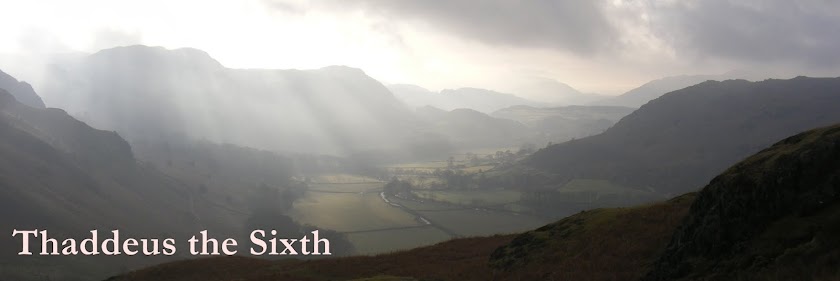 As A Game of Thrones finally gets its DVD release in a few weeks I thought I’d get myself in the mood for epic fantasy by buying LoTR.
As A Game of Thrones finally gets its DVD release in a few weeks I thought I’d get myself in the mood for epic fantasy by buying LoTR.
It’s been quite a while since I last saw it, and whilst certain extra scenes were obviously new (the one with Denethor, Boromir and Faramir standing out) others were not.
I enjoyed the films a lot, although I had forgotten how irritatingly cheerful the hobbits could be. Although the first film was released over a decade ago the special effects stand up very well, and even when things are clearly CGI (Gollum, for example) it’s close enough to reality not to jar.
Eowyn seemed to have more airtime, and be the better for it. The portrayals of Frodo, Gandalf and Aragorn were especially good, and the acting generally was well done.
I’m not especially into DVD extras, but I did have a quick look through some of them. For some reason the third DVD (each film has 4, 2 for the film itself and 2 for extras) always seemed of little interest whereas the fourth of each film had better offerings. I especially enjoyed watching one documentary about the stuntmen, and some of the cast documentaries.
Due to the time it would’ve taken I didn’t listen to any of the commentaries fully. However, I did see that there were a lot available, with four sets for each film, and I might go back and try them out.
£16 for around 11-12 hours of the extended film itself, plus four sets of commentary per film, with umpteen extras is pretty good value. The blu-ray is more than twice the price, but might be worth it if you’ve got a big telly.
Now, just over a month to go before I finally get to watch A Game of Thrones.
Thaddeus

